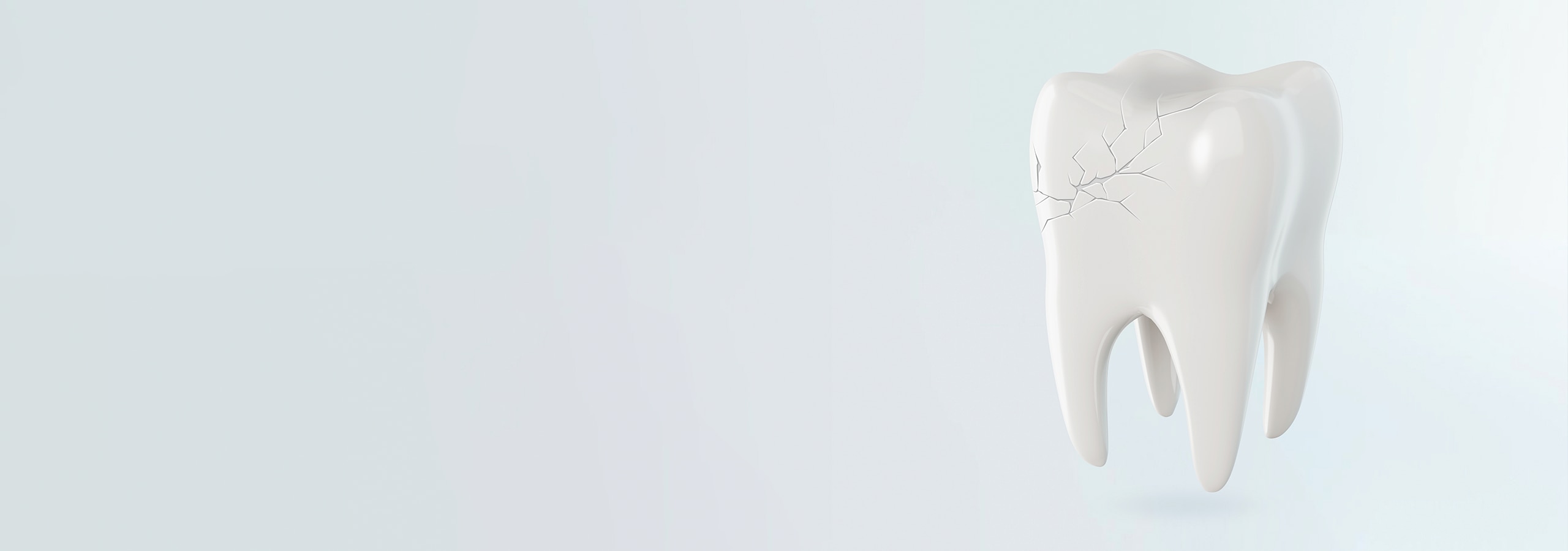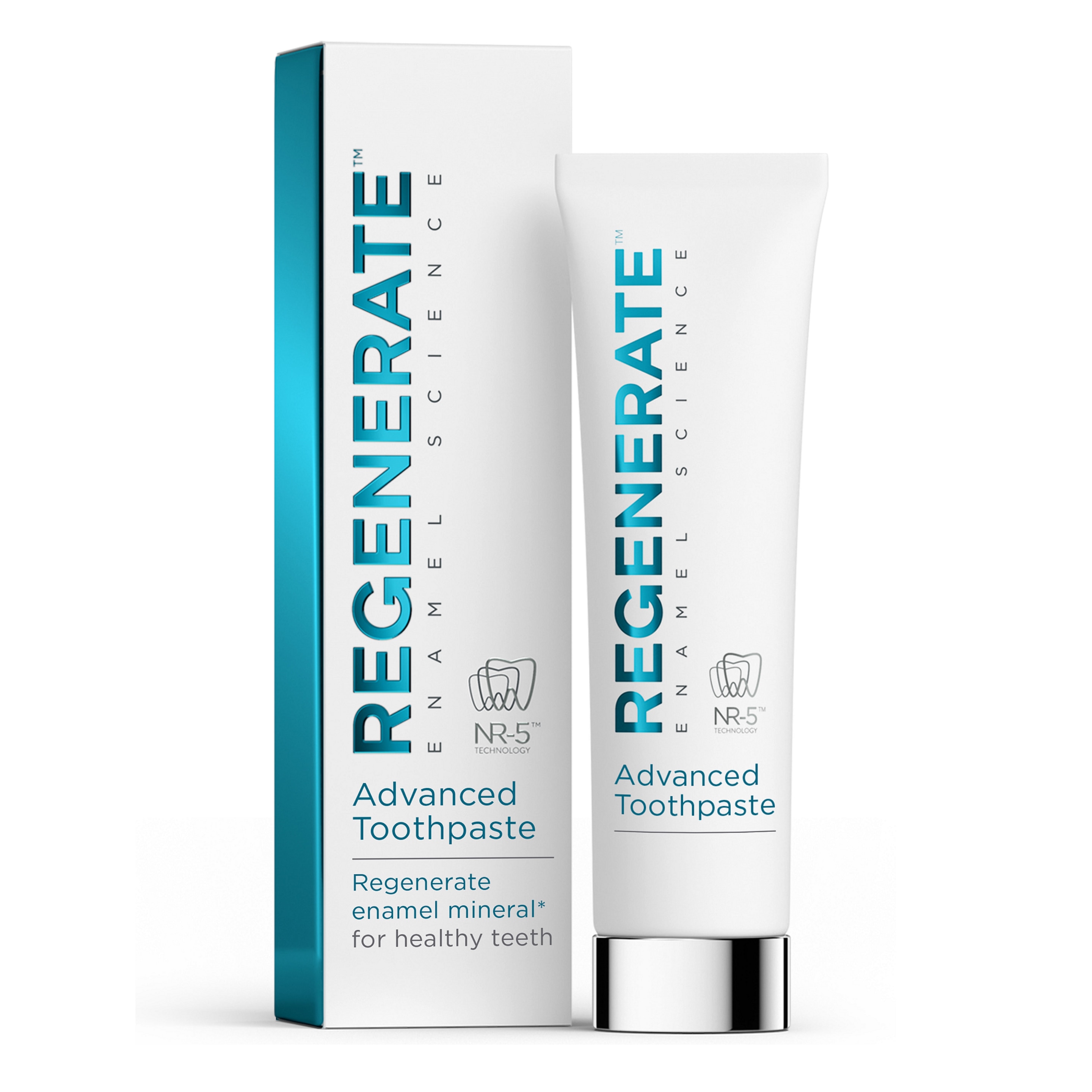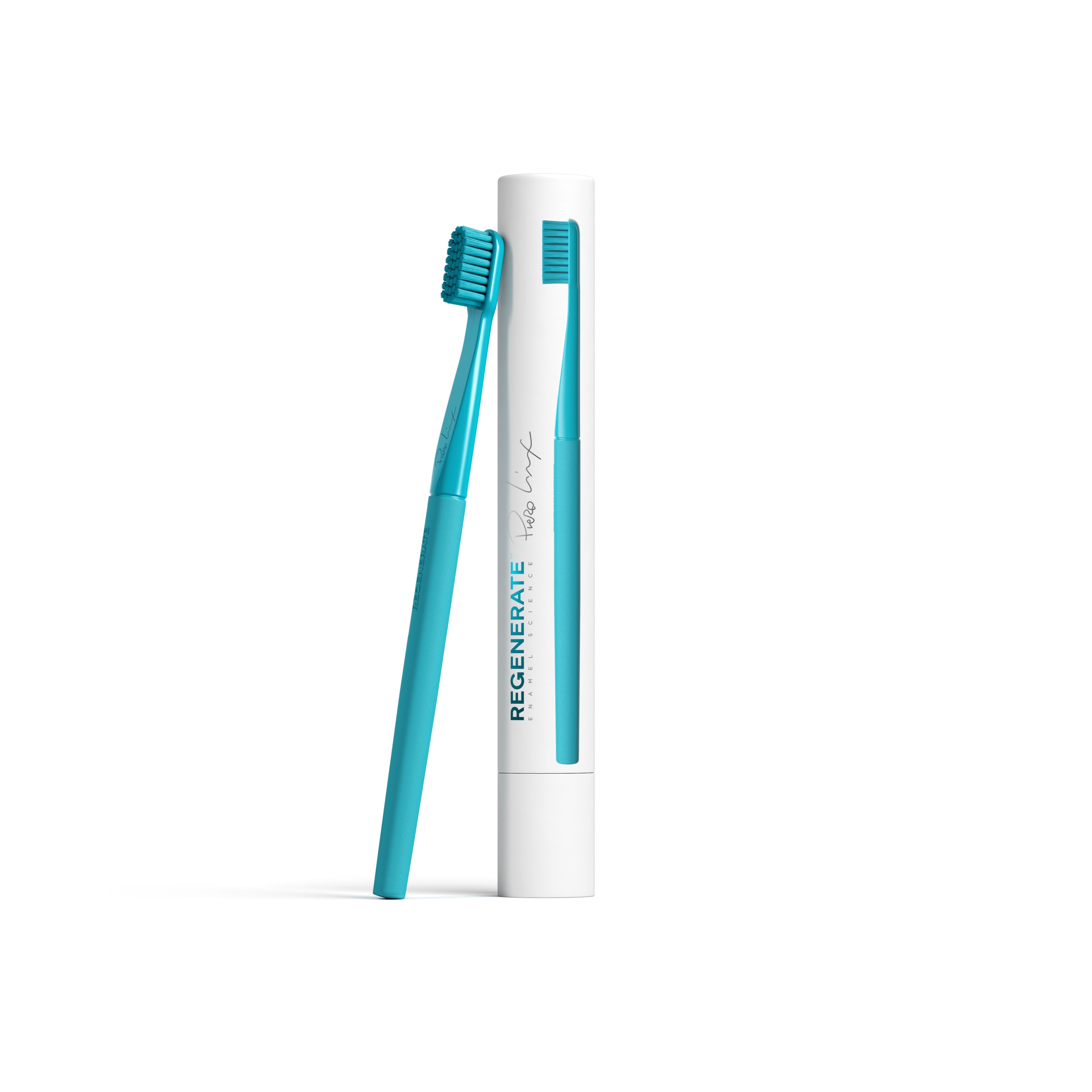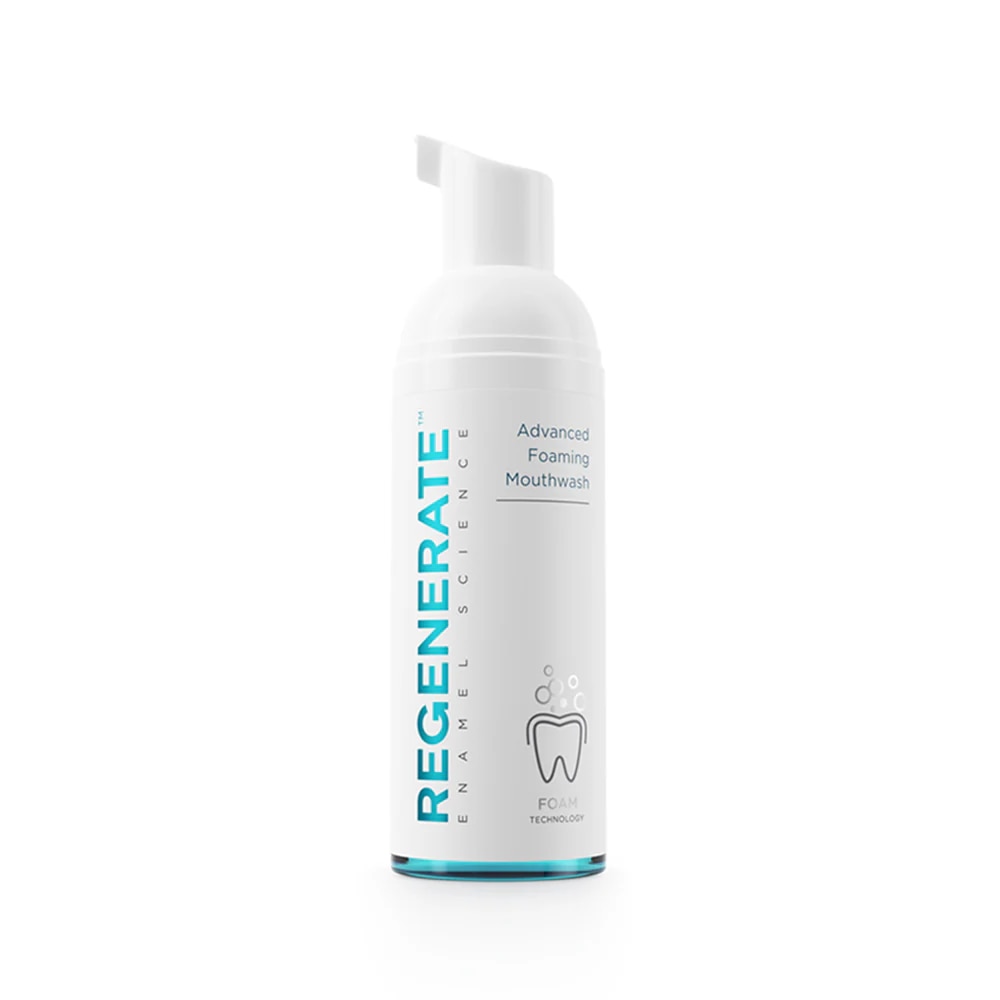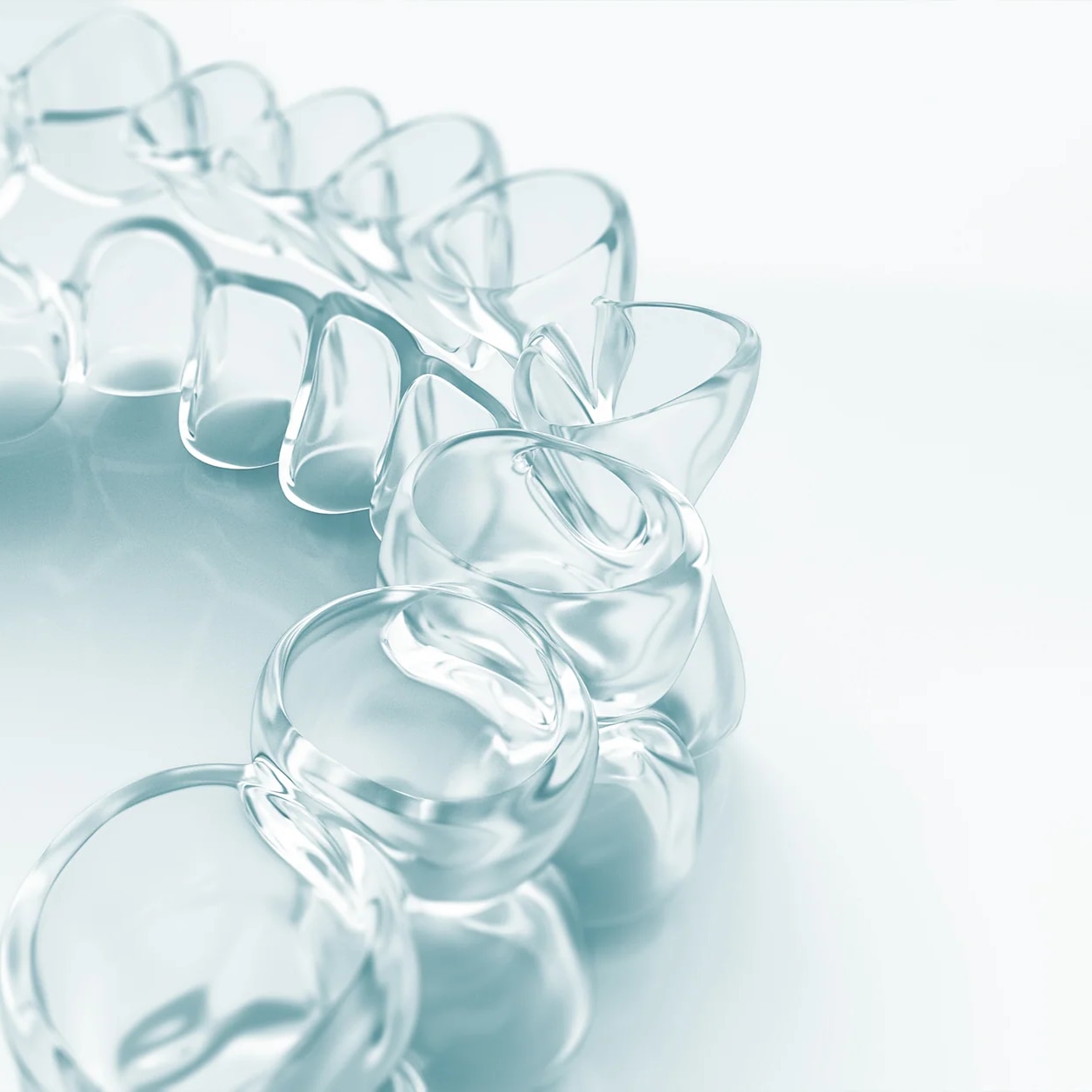It’s understandable to be concerned when you fracture a tooth, but dental professionals will be able to ease your worries and help fix your fractured tooth. Here, we’ll go through the potential causes and symptoms of this dental emergency as well as offering guidance on how to fix a fractured tooth at the dentist.
What is a fractured tooth and what are the causes?

A tooth is fractured when the enamel (the hard outer layer) gets cracked, chipped or broken.
This can happen in various ways, such as¹:
- Biting down or chewing on hard food or objects.
- Experiencing a blow to the face during sports activities.
- Suffering an impact to the mouth in an accident.
- Consuming something extremely hot immediately followed by something ice cold (and vice versa).
- Grinding your teeth or clenching your jaw tightly (bruxism).
Teeth can also wear down with age so this could impact your likelihood to have a fractured tooth². Your chances of a tooth fracture may also increase if your tooth is compromised due to damage, decay, unfilled cavities, or old fillings that don’t properly support the tooth structure anymore.
What are the most common fractured tooth symptoms?
How do you know when you’ve fractured a tooth? It all depends on how deep the fracture is.
When it’s a craze line – a shallow crack in the enamel – you might not experience any symptoms². When the fracture exposes the dentin and soft inner pulp – which is where you find the nerves and blood vessels – it can be painful. Common fractured tooth symptoms you might experience include:
- Sensitivity when consuming hot, cold, or sweet things.
- Pain when chewing or biting, including when you release the bite.
- Feeling a jagged or sharp area on the tooth, often with your tongue.
- Constant pain – this may indicate damaged blood vessels or nerves.
If you experience any of these symptoms, it is important that you speak to your dentist to get the right treatment.
What to do while waiting for fractured tooth treatment from your dentist?
If you suspect you’ve fractured your tooth, your first step is to contact your dentist. While waiting for your appointment, you can do the following to ease any discomfort:
- Use warm water to rinse out your mouth.
- Avoid hot and cold drinks.
- Gently place a cold compress over the lips/cheek closest to the tooth.
- If you’re bleeding, place a sterile piece of gauze or cloth on the area for about 10 minutes to help stop the flow.
How to fix a fractured tooth at the dentist
Once you’re with the dentist, they’ll decide the best course of treatment based on where your tooth is fractured and how deep the fracture is.
Fractured tooth treatments may include:
- Filling/bonding¹: Minor fractures may only need filling or bonding. This is when the surface of the tooth is etched with liquid, covered in adhesive, and then filled with tooth-coloured composite resin that’s hardened under ultraviolet light.
- Veneer¹: Fractured front teeth can be fixed cosmetically by being covered by a tooth-coloured shell called a veneer. This is usually secured with a special cement that hardens under a special light.
- Crown¹: Fractured cusps are often fixed by having a cap fitted. These tooth-shaped crowns provide a structural and cosmetic solution. You might be given a temporary crown before a permanent one is fitted.
- Root canal³: Vertical root fractures that have damaged the tooth pulp may need a root canal. This is where the area is cleaned out has a filler applied before a crown is positioned over the top.
- Extraction: In some cases, fractured teeth can’t be repaired as they’re too severely damaged. This leads to the tooth being removed. It may be replaced with an implant or bridge.
How to prevent a fractured tooth in the future
While treatment for fractured teeth should always be completed by your dentist, there are some steps you can take to try and prevent fracturing your teeth in the future:
- Wear a gum shield for any contact sports.
- Speak to a dentist about wearing a mouth guard at night if you suffer from bruxism or teeth grinding.
- Take care when chewing hard food like nuts.
- Avoid biting hard objects like pens or opening things with your teeth.
Keeping your teeth healthy and strong will also help prevent fractures so make sure you attend regular dental check-ups and follow a thorough oral care regime that includes brushing your teeth twice a day. Using products that help strengthen your enamel can also help protect your teeth – Regenerate Advanced Toothpaste for daily use and Regenerate Advanced Enamel Serum for monthly use help to regenerate enamel thanks to breakthrough NR-5™ technology, inspired by bone repair.
By maintaining good oral hygiene and taking precautionary measures to protect your teeth, you can smile with confidence.
The advice in this article does not constitute medical advice; it is solely available for information purposes. We recommend that you consult your dentist If you are experiencing any dental problems.
Sources:
1 Harvard Health – The Aging Mouth
- slide 1
- slide 2
- slide 3

